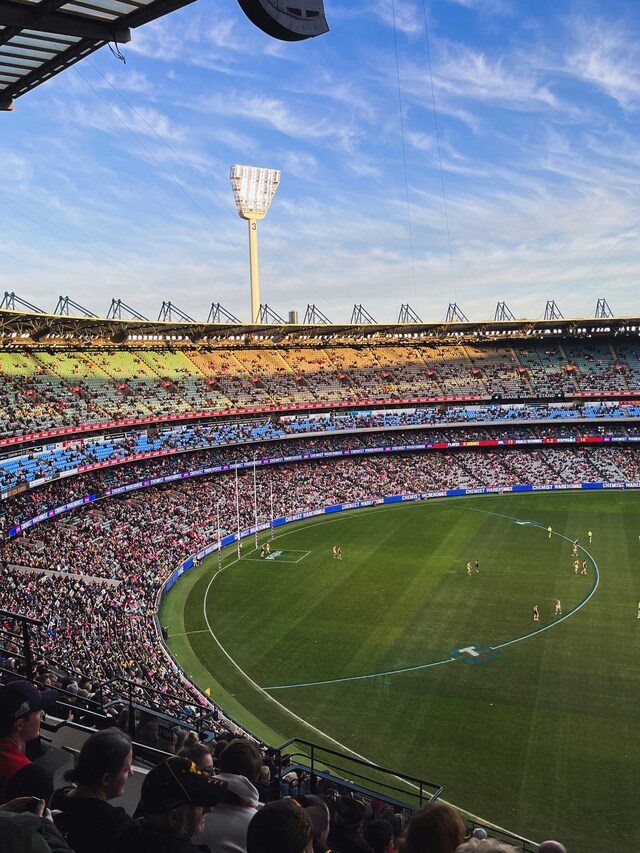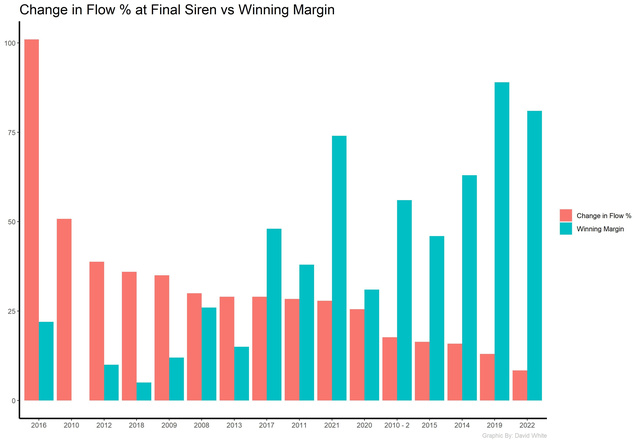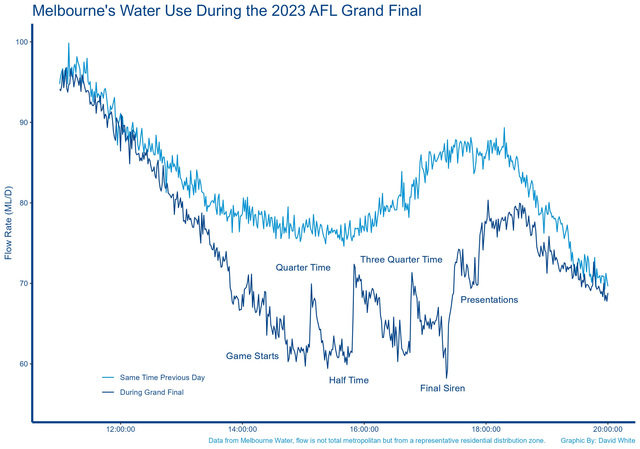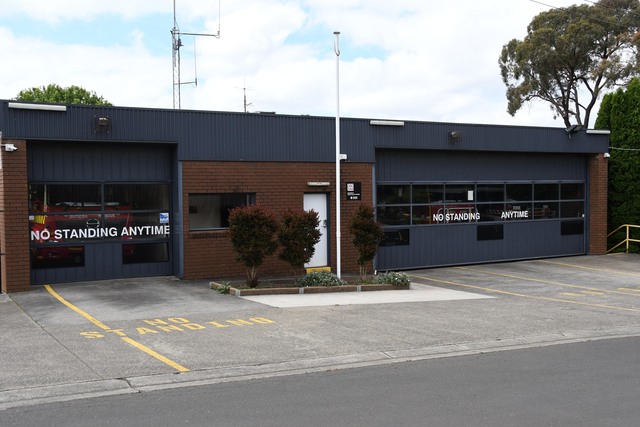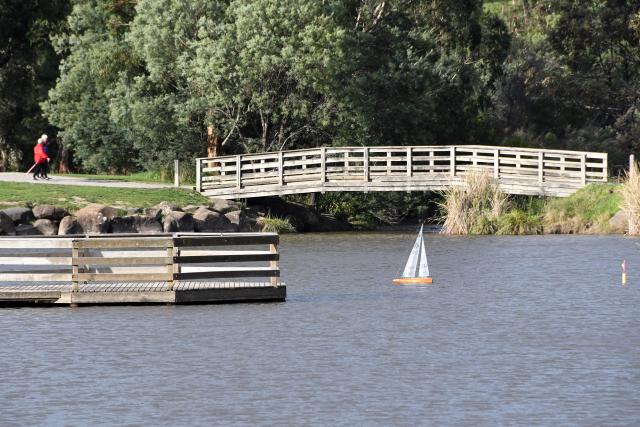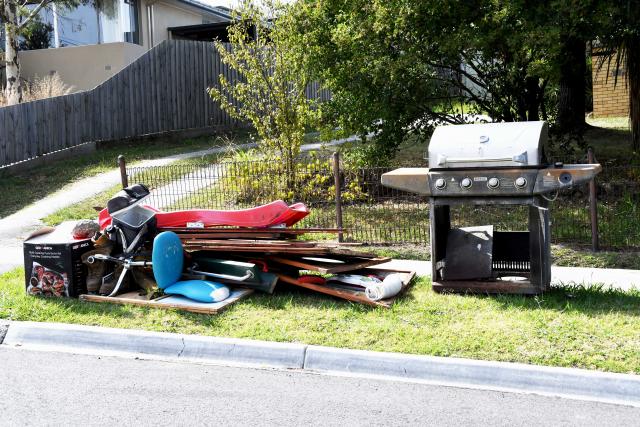With around 1.5 million Melburnians expected to tune in to the Grand Final on Saturday, water usage experts at Melbourne Water will be closely monitoring water consumption patterns to map the ‘flush factor’, the term describing the percentage increase in water use from mass toilet flushings.
Will the excitement of game day see people ‘hold on’ during the AFL Grand Final? Will Melburnians ‘rush to flush’ during half-time, or wait until the final siren if the game is close?
Melbourne Water has historically recorded a drop in water usage during AFL Grand Final, with spikes at the end of each quarter of the game, after the final siren and during the presentation ceremony.
“The decline can be attributed to people being absorbed in the game and less likely to be taking showers, washing dishes, and using water-dependent appliances,” Melbourne Water’s water operations centre lead Dave White said.
But, Mr White says, the insights go much deeper.
Keen analysis of water usage data has revealed the closer the score at the end of the game, the bigger the flush factor.
“We’ve found that the ‘flush factor’ serves as an indicator of the excitement and engagement of the crowd during the game,” said Mr White.
“Games with close scores keep fans glued to their seat for longer – one presumes with their legs crossed!” he said.
The five AFL Grand Finals with the Highest Flush Factor (percentage increase in water usage):
1. Western Bulldogs vs Sydney Swans in 2016 – Flush Factor: 101.0 per cent.
2. Collingwood vs St Kilda in 2010 – Flush Factor: 50.8 per cent.
3. Sydney Swans vs Hawthorn in 2012 – Flush Factor: 38.8 per cent.
4. West Coast Eagles vs Collingwood in 2018 – Flush Factor: 36.0 per cent.
5. Geelong vs St Kilda in 2009 – Flush Factor: 35.0 per cent.
The 2024 Sydney Swans vs Brisbane Lions Grand Final will be the first all out-of-town game since 2006 when Sydney went head-to-head with the West Coast Eagles.
Mr White says he’s unsure what impact two non-Victorian teams will have on the flush factor.
“It will be interesting to see if Melburnians are less engaged in the big match due the out-of-towners on the field,” said Mr White.
“Melbourne Water manages every aspect of the water cycle, from supplying drinking water to treating sewage and managing major drainage. The flush factor trend illustrates how deeply intertwined water is with our daily lives, even to the point that it reflects aspects of our sporting culture,” said Mr White.

